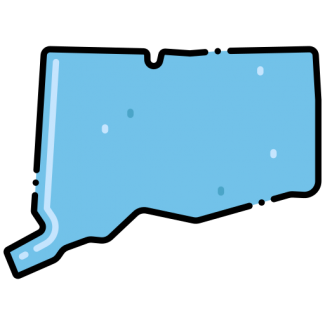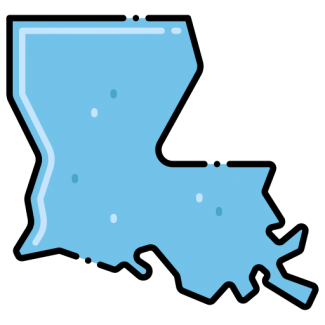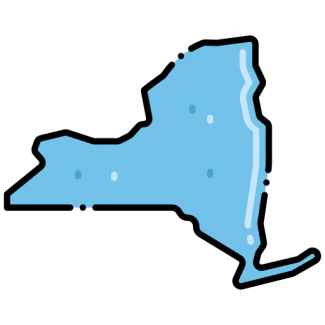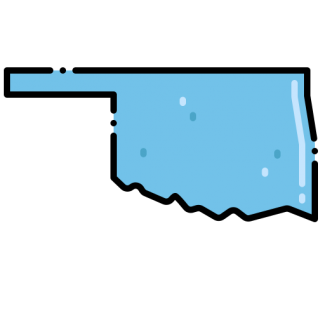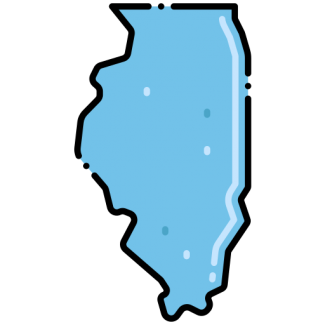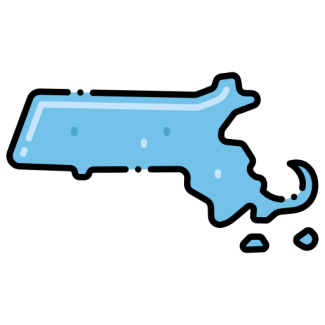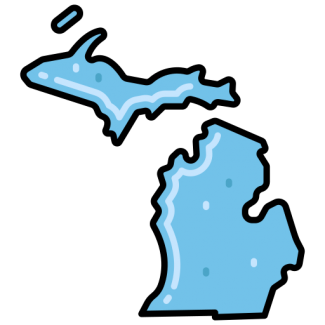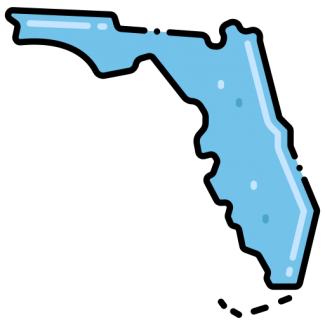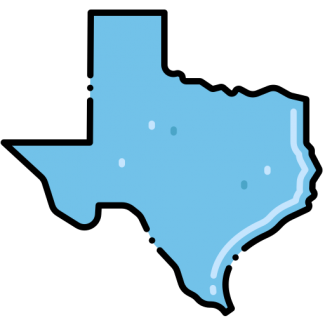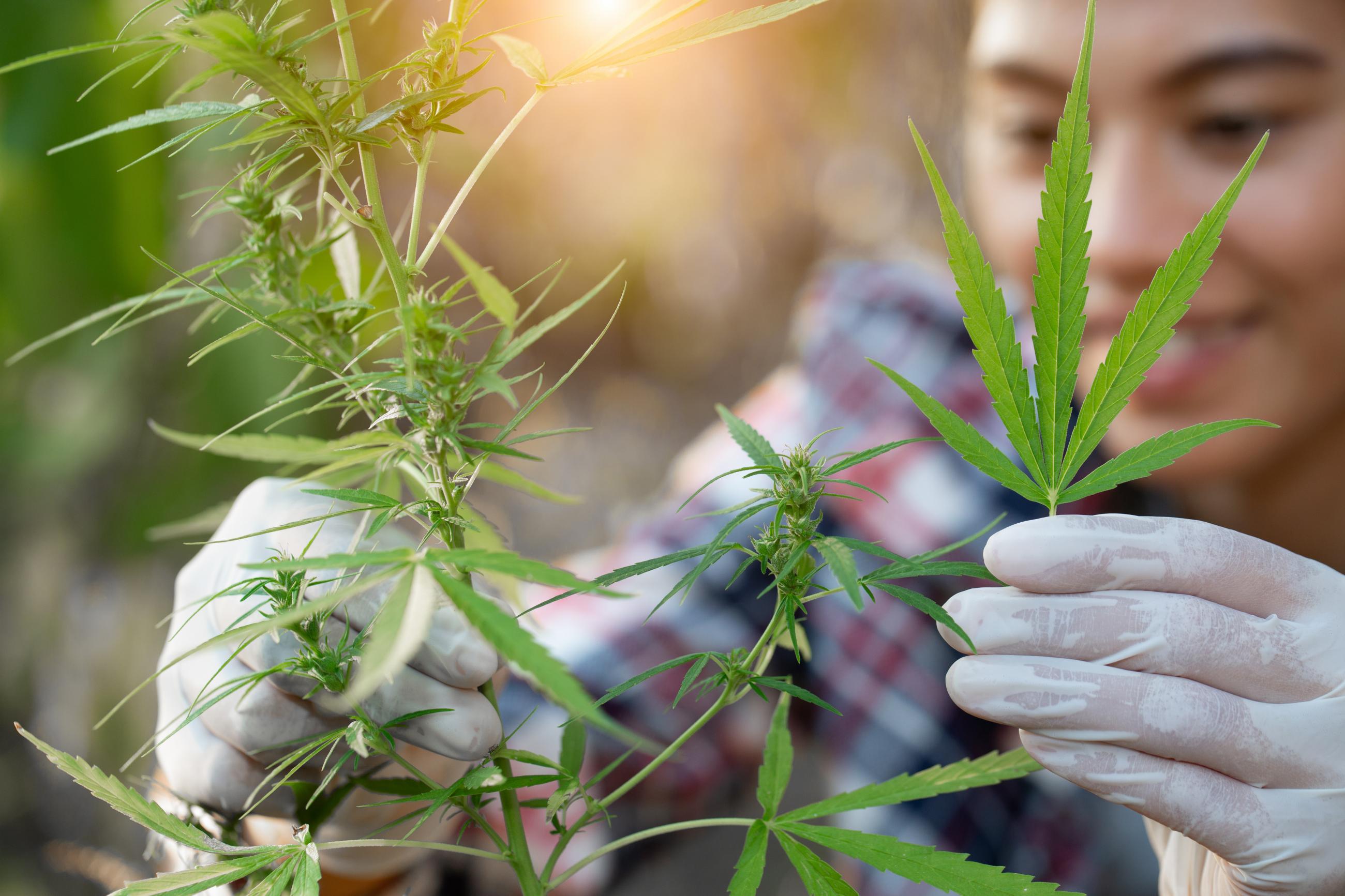Did you know that Florida has the fastest growing medical marijuana program in the U.S. by patient count? So far, more than 200,000 patients have qualified for a medical marijuana card in Florida. And that number continues to increase at an astonishing rate with a whopping 10,000 new patients signing up each week.
Experts in the industry are projecting that more than $1 billion in cannabis will be sold in Florida in the coming year and that the market will exceed $2.5 billion in annual sales within five years. Moreover, the state’s cannabis industry employs more than 10,000 people, and that number is expected to increase to 15,000 next year.
Now, licensed producers in Florida are striving to keep up with the demand, opening an average of about two dispensaries each week. Moreover, the state recently awarded an additional eight licenses on top of the 14 that were already operating at the beginning of 2019.
And there’s still plenty of room for growth. Despite having more than 100 dispensaries and a handful of delivery-only services, Florida still has just one-quarter of the number of dispensaries operating in Colorado. That fact alone shows that there is still a lot of room for expansion in Florida. Add to that the fact that Florida has four times the population of Colorado, and you can see where this is heading.
How many dispensaries are there?
Recently, as a result of a legal challenge, Florida state regulators approved eight new medical marijuana licenses in addition to the 14 already awarded, and there are still 3 licenses available for interested growers.
Most of the dispensaries in Florida are located in coastal cities as well as in the greater Orlando area.
With the addition of the recently awarded licenses, there are now a total of 24 licensed growers in the state operating 119 dispensaries as of April 25. However, five of those businesses operate 82% or 98 of the state’s 119 dispensaries.
Between April 18, 2018 and April 19, 2019, Florida’s cannabis growers opened 85 dispensaries, an average of 1.6 dispensaries per week. So far in 2019, 31 dispensaries have opened in the first 16 weeks alone.
According to a Marijuana Business Daily “Chart of the Week”, these are the companies operating marijuana growing dispensaries in the state of Florida:
-
Trulieve, 28 dispensaries
-
Curaleaf, 24 dispensaries
-
Suterra Wellness, 23 dispensaries
-
Liberty Health Sciences, 13 dispensaries
-
Knox Medical, 10 dispensaries
-
VidaCann, 8 dispensaries
-
AltMed Florida, 4 dispensaries
-
Harvest, 4 dispensaries
-
Grow Healthy, 3 dispensaries
-
Green Thumb Industries, 2 dispensaries
Furthermore, there are three license holders that do not operate brick and mortar retail locations but only offer home delivery:
-
Columbia Care Florida, delivery only
-
MedMen, delivery only
-
3 Boys Farm, delivery only
These are the numbers as of April 25, 2019, and by the time you read this, those numbers are expected to have grown tremendously. In fact, Trulieve, which currently operates 28 dispensaries throughout the state, is now permitted to open up to 49 shops.
GrowHealth announced in June that it intends to open dispensaries in Orlando and Daytona. And earlier in the year, Liberty Health Sciences announced it would be opening its 13th dispensary in Bonita Springs, and its 14th dispensary in Cape Coral.
According to a report by Marijuana Business Daily, the five dominant players in the Florida marijuana industry are Trulieve with 23.5% of dispensaries, Curaleaf has 20.2% of the state’s dispensaries, Surterra Wellness operates 19.3% of dispensaries in the state, Liberty Health Sciences runs 10.9% of dispensaries and Knox Medical runs 8.4% of Florida medical marijuana dispensaries.
On top of the players listed above, there are now eight new licensed growers in the state including Spring Oaks Greenhouses, Redland Nursery, Dewar Nurseries, Tree King-Tree Farm, Perkins Nursery, Bill’s Nursery, DeLeon’s Bromeliads, and Hart’s Plant Nursery.
The good news for many Florida medical marijuana patients in outlying and less wealthy areas of the state is that in order to win their licenses, the eight new licensees had to agree to provide enhanced patient access by locating a percentage of dispensaries within impoverished communities and rural areas.
What’s driving growth?
One of the factors that might account for the uptick in patient numbers is the recent repeal of a rule which banned smokable forms of the drug. Many patients who are interested in medical marijuana as alternative medicine, especially those with sudden onset conditions such as PTSD, prefer smoking for its almost instant effects. Furthermore, The Florida Department of Agricultural and Consumer Services has finally developed rules for edible forms of marijuana.
Another reason that Florida’s medical marijuana program is growing so quickly is that doctors in Florida appear to be more eager to participate than those in Northeastern states.
Also factoring into the state’s burgeoning medical marijuana program is Florida’s large senior population. Many seniors are coming to the realization that medical marijuana is non-addictive, has far fewer side effects, and is safer than prescription pharmaceuticals. According to Trulieve, almost half of its buyers are over the age of 50.
Moreover, a new law went into effect in the state last July that toughened the rules for prescribing opioids and other controlled substances. Since then, many patients who had been taking opioids for pain can no longer obtain them. This may be a good thing as illustrated by a 41 percent decline in opioid deaths in Palm Beach in 2018 compared to the previous year.
More Changes Coming
Originally, when the state’s medical marijuana upgrade was signed by lawmakers in 2017, state regulations required licensed operators to be vertically integrated. What that means essentially is that dispensaries are required to grow their own cannabis and manufacture their own products such as oils, tinctures, and capsules. However, that looks to be about to change. Recently, on July 9, Florida's 1st District Court of Appeal ruled that vertical integration is "unconstitutional."
It may be some time before lawmakers integrate the new ruling into the state’s regulations, but when that happens, both the number of retailers and product selection are expected to have increased.
Currently, medical marijuana dispensaries in the state are only allowed to sell the products they grow and manufacture themselves and may not offer products made by other companies. Under the expected change in rules, dispensaries can expect to be able to sell any legal products on the Florida market. Moreover, if your favorite dispensary runs out of your preferred product, you might be able to find it at a competing dispensary.
All things considered, the Sunshine State’s burgeoning medical marijuana program appears to have a very bright future.




